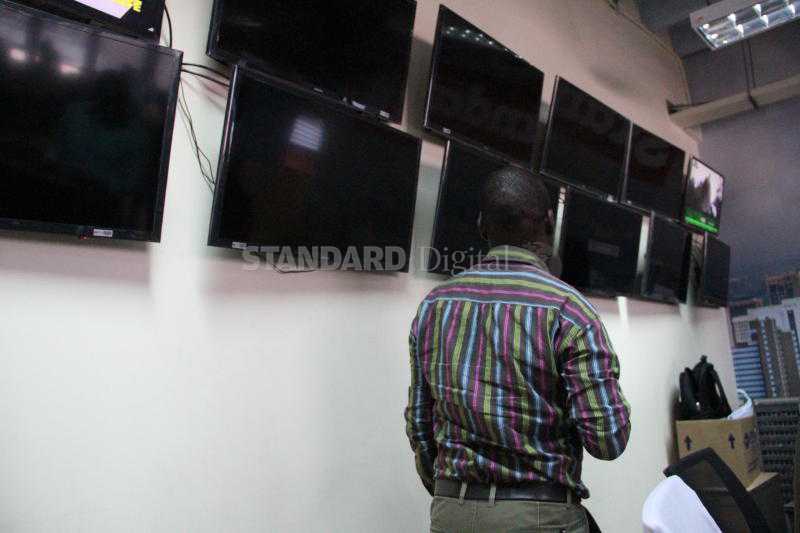×
The Standard e-Paper
Join Thousands Daily

Kenyans were yesterday outraged by the Government's decision to block live TV coverage of Raila Odinga’s oathing, saying this eroded major gains in media freedoms and access to information.
Tens of radio stations were also barred from covering the event.